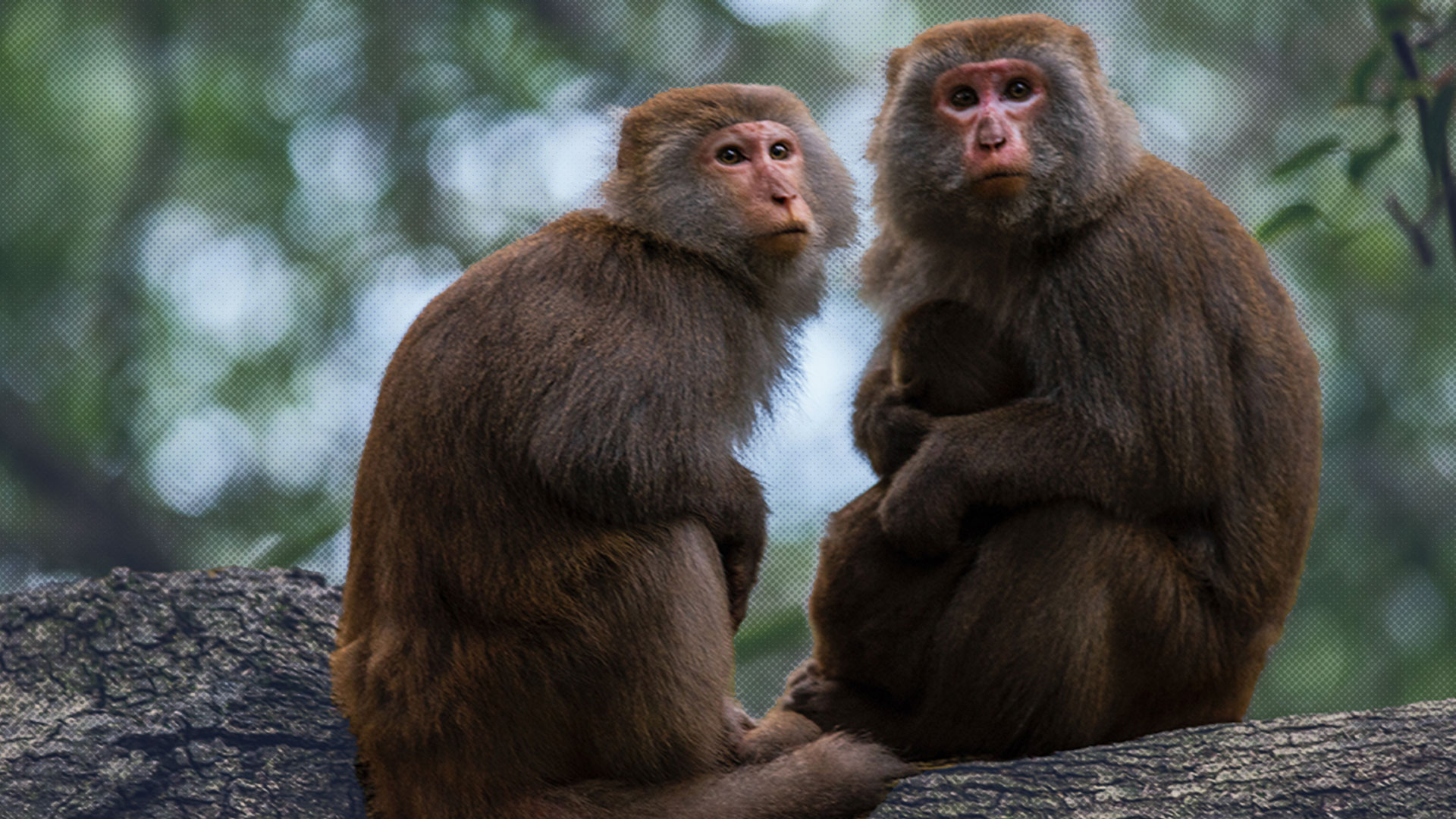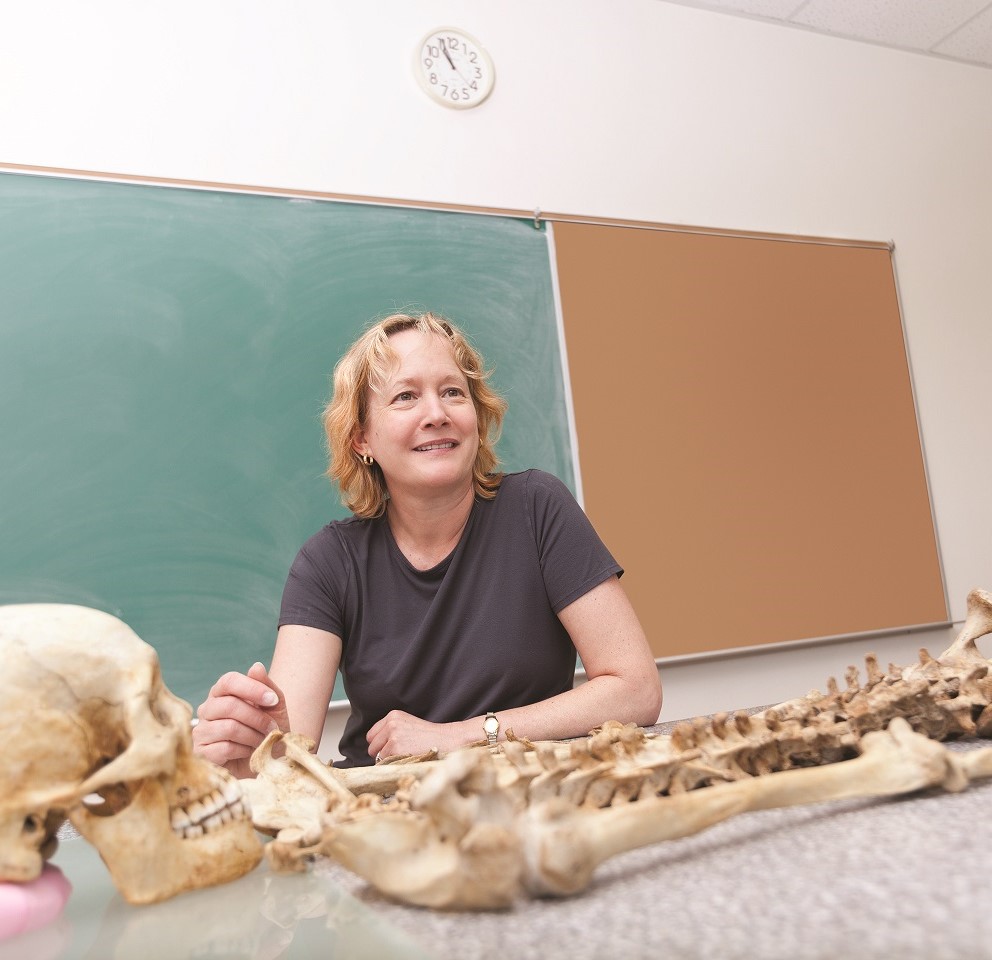
Overview
Students studying biological anthropology can expect to focus on the physical aspects of what make us human: The evolution of our human ancestors and our non-human primate relatives (apes and monkeys), genetics, and human anatomy. Students have the opportunities to learn from real practitioners in biological anthropology in both the classroom and hands-on activities.
Career Application
Biological anthropologists seek to understand how humans adapt to different environments, what causes disease and early death, and how humans evolved from other animals. To do this, they study humans (living and dead), other primates such as monkeys and apes, and human ancestors. They are also interested in how biology and culture work together to shape our lives.
Hands-on Learning

USU Anthropology proudly offers many hands-on experiences for students, such as the Osteology and Zooarchaeology Lab. The lab is equipped with a variety of skeletal specimens for study.
Learn from Experienced Practicioners

Learn from experienced practitioners such as Dr. Patricia Lambert, who has served as a bioarchaeologist on trips to the Channel Islands studying prehistoric warfare.
Related Programs
Suggested Supplements
Anthropology Emphases
- Cultural/Applied Anthropology
- General Anthropology
- Archaeology
- Anthropology of Environmental Change, Community Engagement, and Wellness
Scholarships & Financial Aid
- Utah State University offers many options for financial aid, including university level scholarships and aid available to specific colleges and majors.


